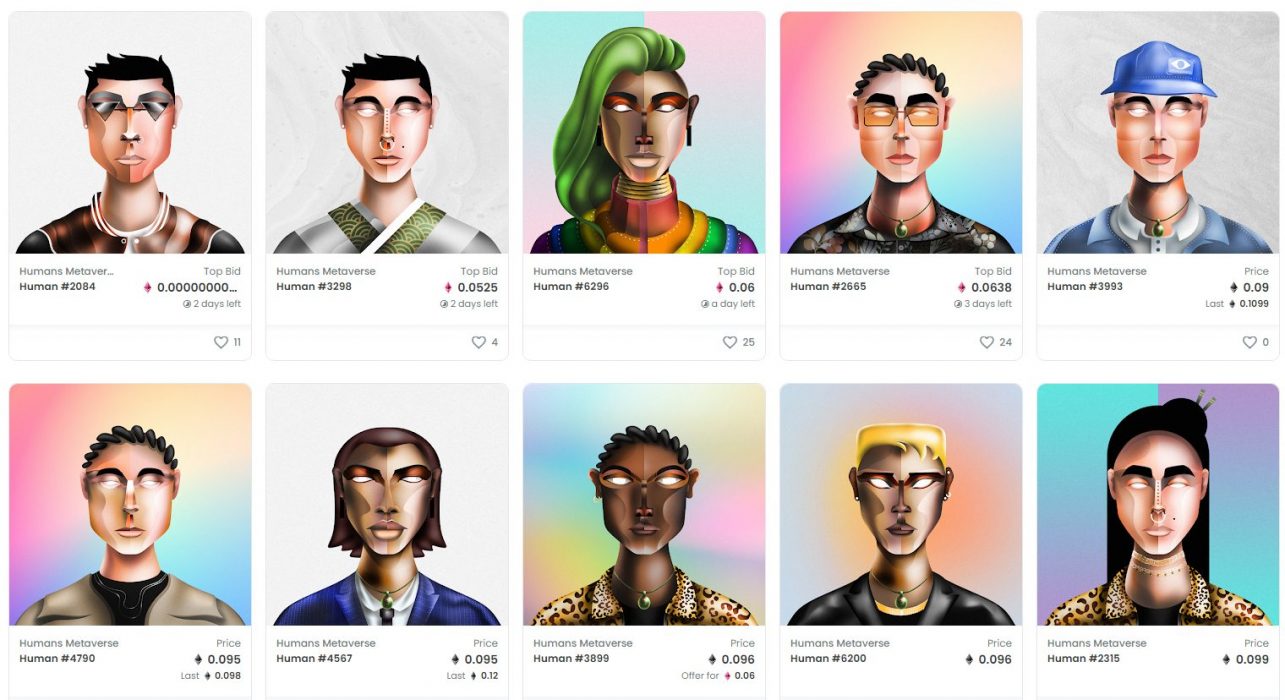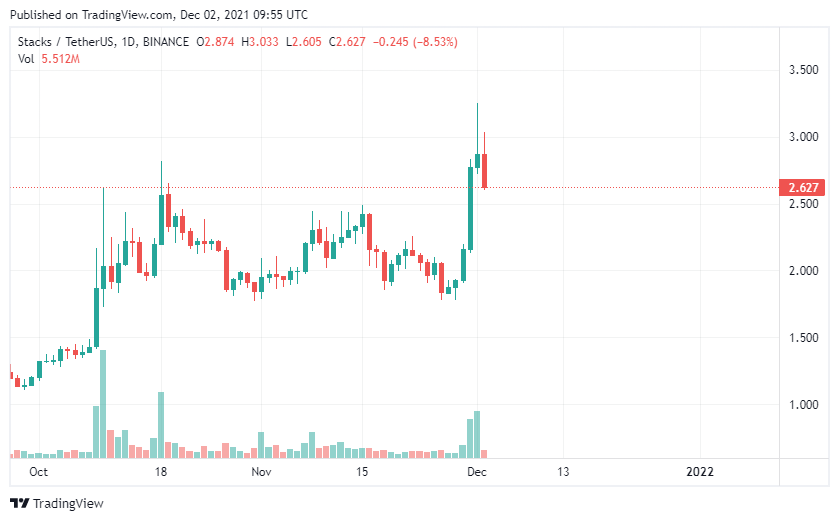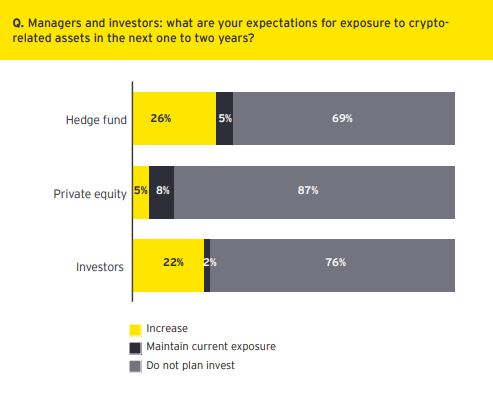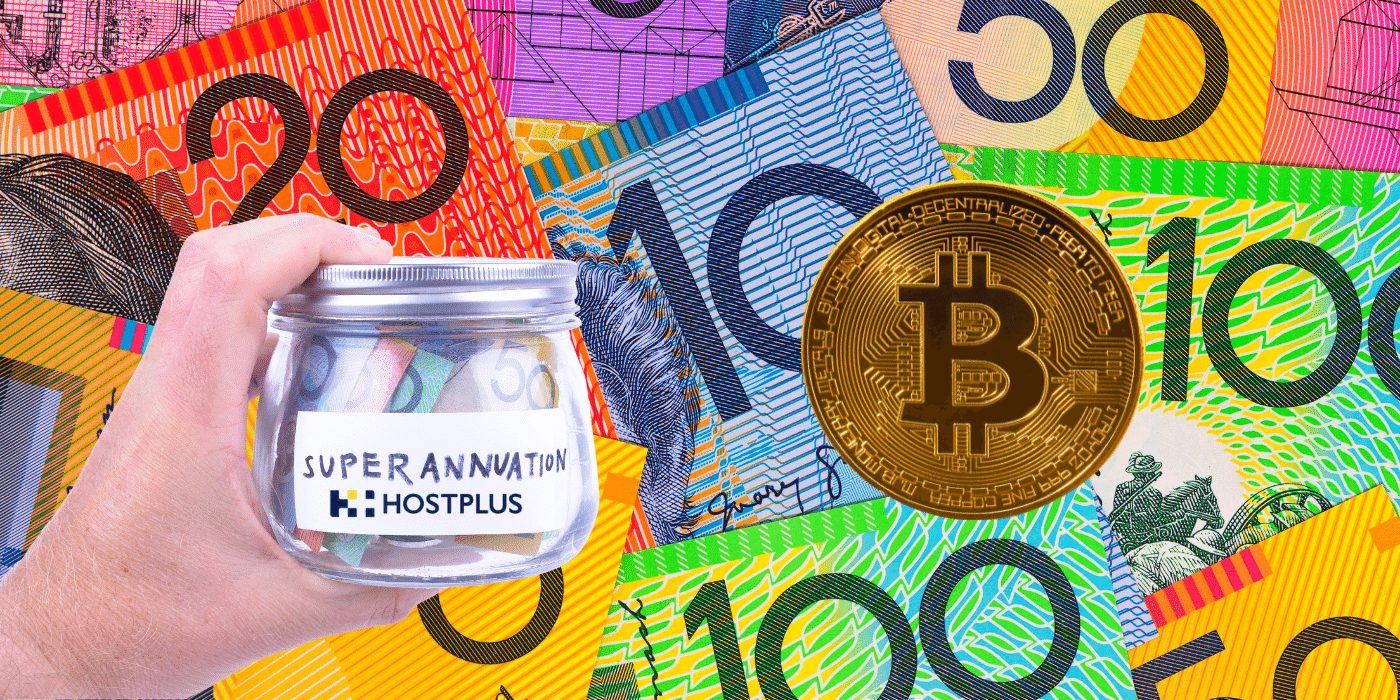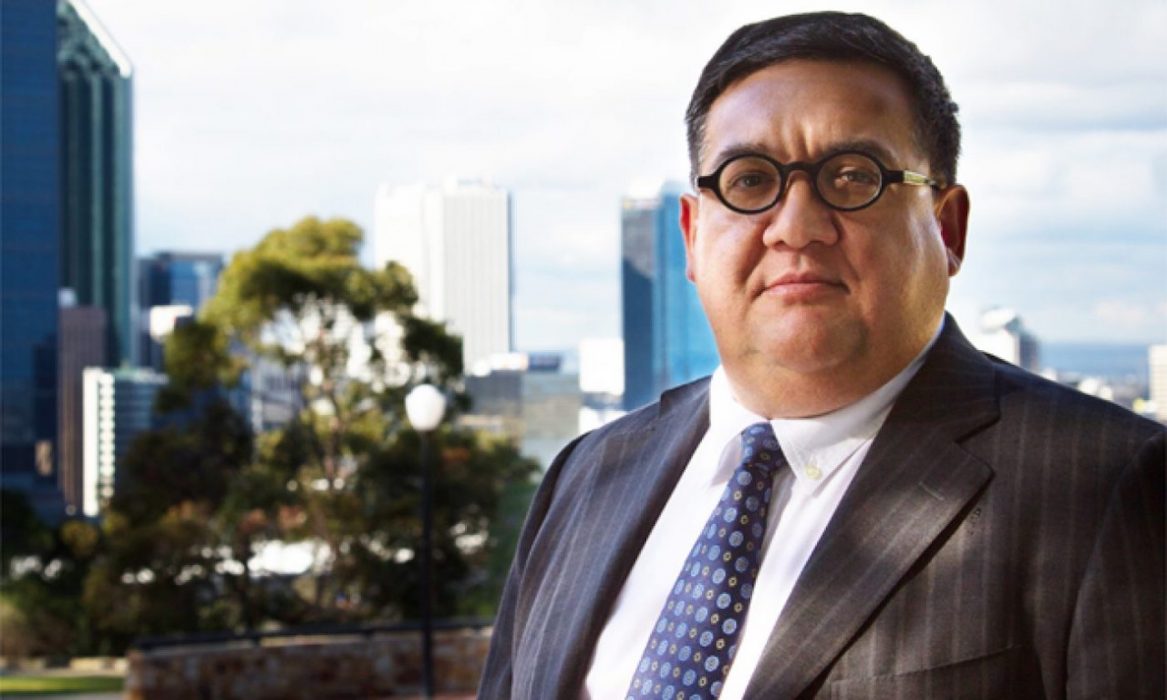What do Kim Kardashian, Floyd Mayweather and Paul Pierce have in common? They’re all getting sued by an aggrieved investor over an alleged Ethereum Max (EMAX) pump-and-dump scheme.
Another Pump and Dump Endorsed by Celebrities?
In a lawsuit filed in the US District Court of California’s Central District, the plaintiff argues that EMAX co-founders Steve Gentile and Giovanni Perone promoted the currency with the help of celebrities such as reality star Kardashian, professional boxer Mayweather, and former NBA basketballer Pierce. As per the filing:
EthereumMax’s entire business model relies on using constant marketing and promotional activities, often from ‘trusted’ celebrities, to dupe potential investors into trusting the financial opportunities available with EMAX tokens.
On May 31, 2021, EMAX’s price peaked at peaked at a price of US$0.000000597636 following the continuous endorsement of these celebrities via Instagram, Twitter, and other social networks. But it dropped over 80 percent in just 11 days.
After the massive drop, its price experienced a few bullish rallies in June after Kim Kardashian promoted the token on her Instagram, but that didn’t stop the token from falling again. In total, the token has lost 97 percent of its value.
While the plaintiff and the rest of investors were buying EMAX, Kardashian and the other celebrities were already selling for considerable profits.
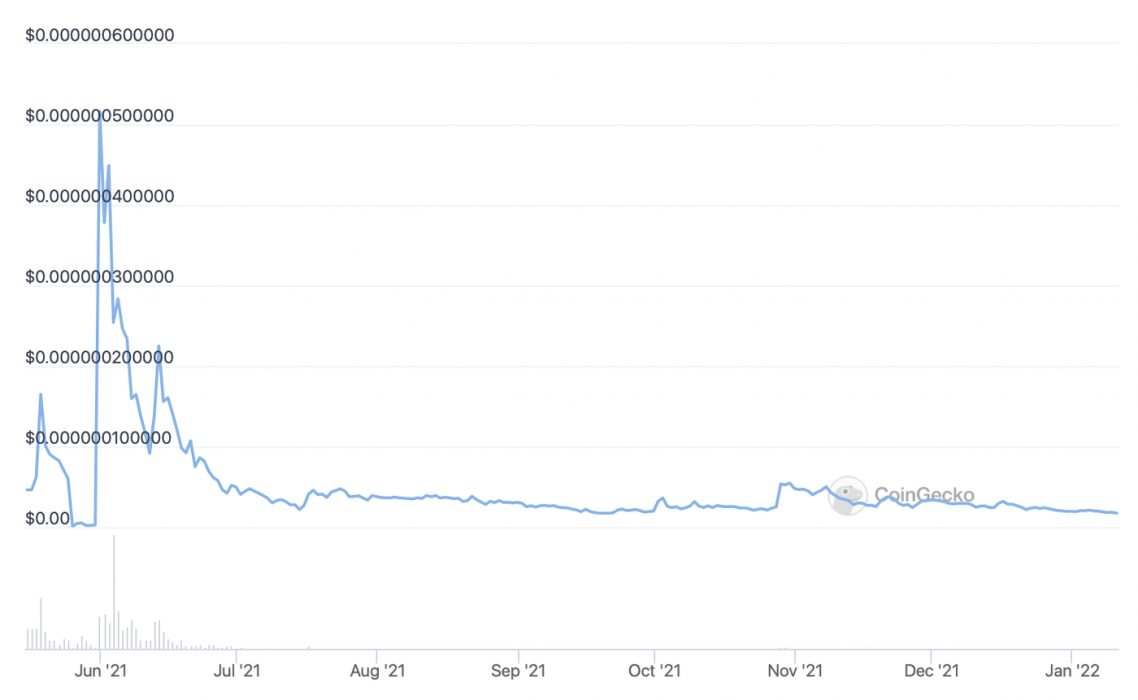
Be Wary of Coins Promoted by Celebrities
Newcomers to the crypto space should be wary when watching celebrities backing up digital tokens from shady developers. These types of currencies are known as “shitcoins” – worthless tokens with no proper infrastructure behind their design, they are rather made to dupe potential investors out of a lot of money.
The developers behind these shitcoins usually promote their product on popular social media platforms such as TikTok or Instagram. In July 2021, former YouTube star Logan Paul was slammed for promoting a shitcoin called DINK DOINK to his 23 million followers on Twitter.
That same month, Crypto News Australia also reported how TikTok had banned users from promoting all things crypto-related on its video-sharing platform, also banning crypto ads.






